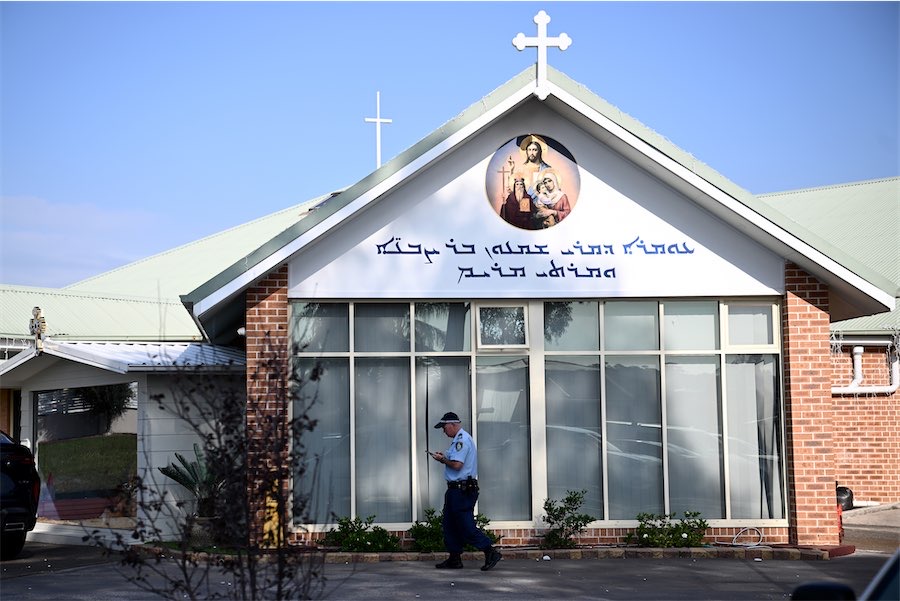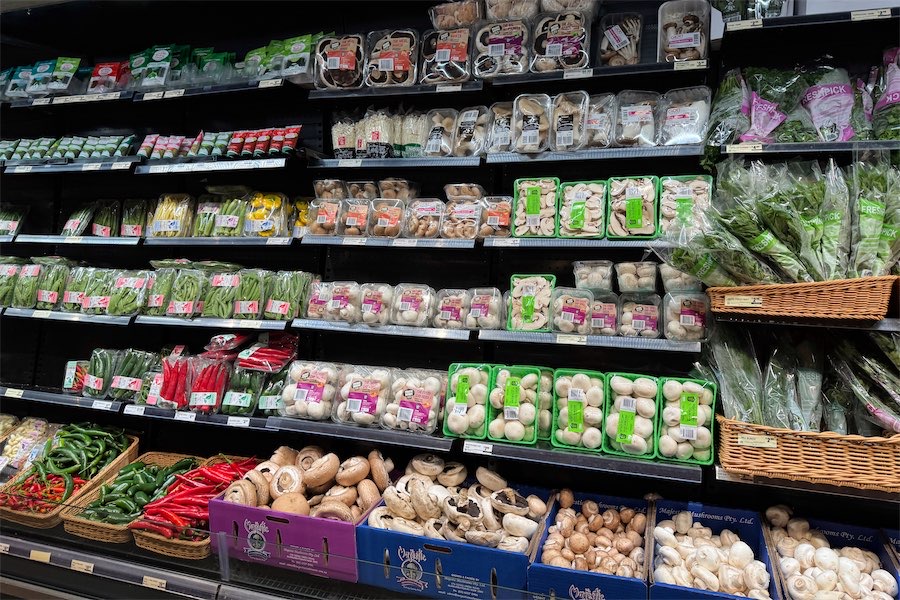WHEN Laura Rademaker was on international exchange in Chile she saw how passionate Quechua speakers were at keeping their language strong and she was embarrassed.
“They were so proud of their language,” says Laura, who was studying an undergraduate degree at the ANU at the time.

“And [when they] asked me about Australian indigenous languages I was embarrassed to admit that not only did I not speak one, I couldn’t say anything in any of them.”
She realised the ongoing survival of indigenous languages was an active struggle and she wanted to know what happened to Australian languages.
So when Laura returned to Australia she based a PhD on the history of languages following an honours thesis on missionaries.
In particular she wanted to know why Aboriginal languages are in such bad condition.
Now Laura, 31, of Holt, continues to share her research as a postdoctoral research associate at ANU’s Centre for Indigenous History.
“As of 2016, only 10 per cent of Australia’s indigenous population spoke an indigenous language at home,” Laura says.
“They say there are about 13 languages thought to be surviving.”
But when Australia was first colonised, Laura says it was one of the most linguistically diverse places in the world with about 250 languages.
“Australian languages did not simply fade away; they were actively silenced by governments, schools and missions,” she says.
“At most missions through the mid-20th century, Aboriginal languages were to be replaced with English.”
According to Laura, the few Europeans who learnt Australian languages were mostly missionaries.
And while it was positive that they learnt indigenous languages, Laura says it also had a negative effect on Aboriginal languages because missionaries separated Aboriginal children from their families by putting them in dormitories and English-only schools.
“In these places, missionaries would translate the Bible, not necessarily out of cultural respect, but to teach them the Bible and convert them,” she says.
“On the one hand, doing all these things damaged language but on the other hand, it also created a space where Aboriginals could keep their languages strong.”
Regardless, Laura was surprised to see a lack of critical awareness and the assumption that the English language was superior.
She found surviving languages often came out of isolated places that weren’t affected by intrusion.
“Meanwhile, many Aboriginal people quickly learned English, finding it brought them opportunities to defend their interests,” she says.
“They were often gifted linguists. Usually already multilingual when the colonisers came, adding English was relatively easy.”
But for English speakers, Laura says it’s a different story.
“It’s hard for English speakers because these are not Indo-European languages, their grammar is completely unrelated to English,” she says.
“But… it’s [particularly] hard because of the lack of resources on hand and the practical difficulty of spending time in language-immersion.
“In many cases, the language is no longer spoken as a first language by anyone.”
While many Australians speak a language other than English at home, Laura says those who speak English as a first language still tend to assume English is sufficient for everything because it’s a global language. “Ironically, by disregarding other languages, we’re actually limiting ourselves intellectually and culturally,” she says.
“These languages are unique to different parts of Australia so they’re really irreplaceable.
“Most indigenous languages are now ‘asleep’, waiting to be woken up by language revivalists.”
Who can be trusted?
In a world of spin and confusion, there’s never been a more important time to support independent journalism in Canberra.
If you trust our work online and want to enforce the power of independent voices, I invite you to make a small contribution.
Every dollar of support is invested back into our journalism to help keep citynews.com.au strong and free.
Thank you,
Ian Meikle, editor





Leave a Reply